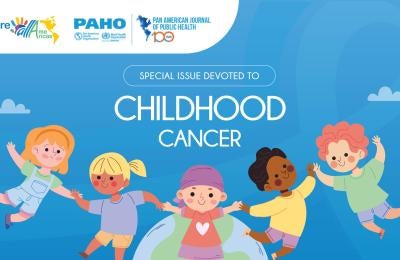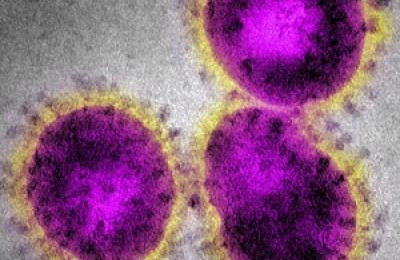Genotypes of Neisseria meningitidis isolates in patients with meningococcal meningitis in Paraguay, 1996–2015
Objective
Describe the phenotypical and genotypical characteristics of Neisseria meningitidis isolates from cases of meningococcal disease in Paraguay between 1996 and 2015.
Methods
Conventional microbiological methods and molecular techniques were used to study 114 isolates of N. meningitidis and 12 clinical samples without isolation (confirmed by polymerase chain reaction), provided by various sentinel centers and collaborating centers in Paraguay














